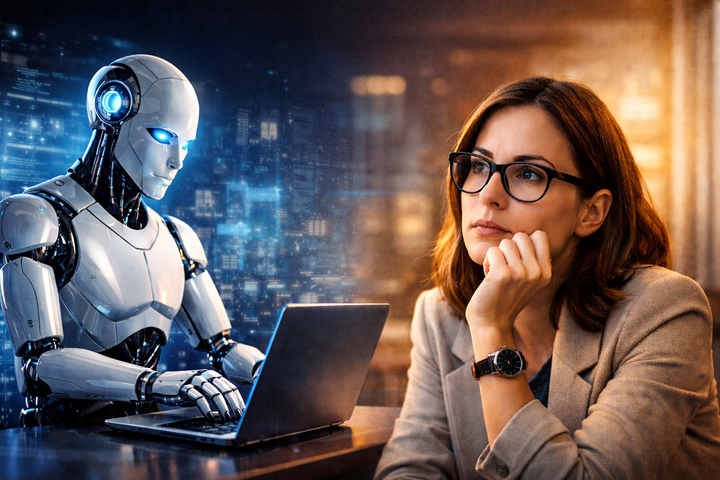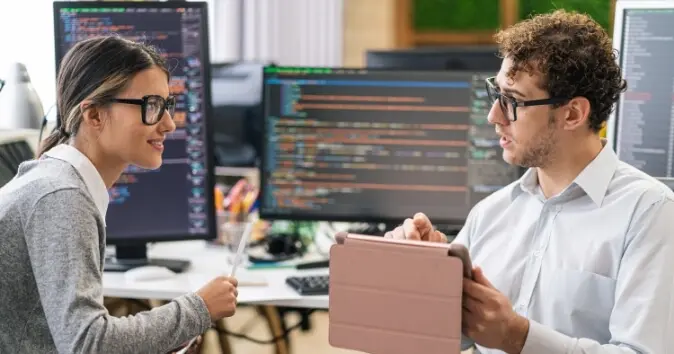What the “Right to Education” Means in an AI-First Learning Era
As AI becomes a core part of how students learn, the meaning of “right to education” is no longer just about classroom access, it’s about access to intelligent learning support. Will AI become a universal academic equaliser or the next big driver of inequality?

For decades, the right to education has meant access to schools, teachers, textbooks, syllabi which form the basic instruments of literacy and knowledge transfer.
As generative AI enters classrooms, learning apps, assessments, and even emotional support spaces, the meaning of that right is being re-written. The definition is no longer simply “every child must have a teacher”. Increasingly, it is becoming: “every learner must have access to intelligent learning support, regardless of privilege.”
The Shift: From Teaching Access → Cognitive Equity
In the 20th century, access was the problem where the world fought to bring girls into schoolrooms, remove caste/gender/ethnicity barriers, and universalise basic schooling.
In the 21st century, access alone is not enough. If one student learns with a real-time personalised GPT-style tutor and another student only gets a 40-minute chalkboard class then both are “in school", but their actual cognitive futures diverge.
In AI-first schooling, equity isn’t just physical presence; it’s access to algorithmic assistance.
AI as a Parallel Teacher
Tools like adaptive learning models, automated feedback agents, spoken-language correction models, and AI-based assessment tutors are creating a new category of academic privilege that allows students with AI look like they’re “thinking faster” because they’re not thinking alone.
It means a rural child learning coding through an AI tutor is not a dream, it’s a policy obligation. If AI becomes the new medium of learning and enrichment, then AI literacy and AI access must become fundamental rights — not optional upgrades.
Reimagining the Word “Right”
The right to education in an AI-first era must expand to include:
- the right to AI-enabled learning tools
- the right to algorithmic transparency (students deserve to know how AI evaluates them)
- the right to human oversight (AI can never replace teacher judgment entirely)
- the right to avoid algorithmic bias (AI must not reinforce social inequalities)
This is where UNESCO, OECD, and national education ministries will need to legislate because the “how” of learning will soon influence the “who” of opportunity.
The Larger Question
AI will not kill human learning. But it will redefine fairness in learning. The right to education going forward will no more just be about going to school.
It will be about the right to learn with the same level of machine intelligence as the people you will one day compete with. And that may become the most consequential education debate of this century.


